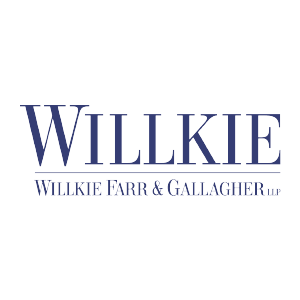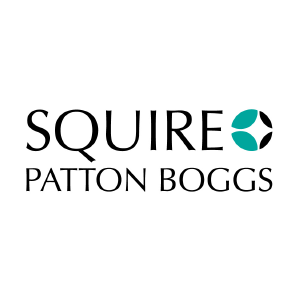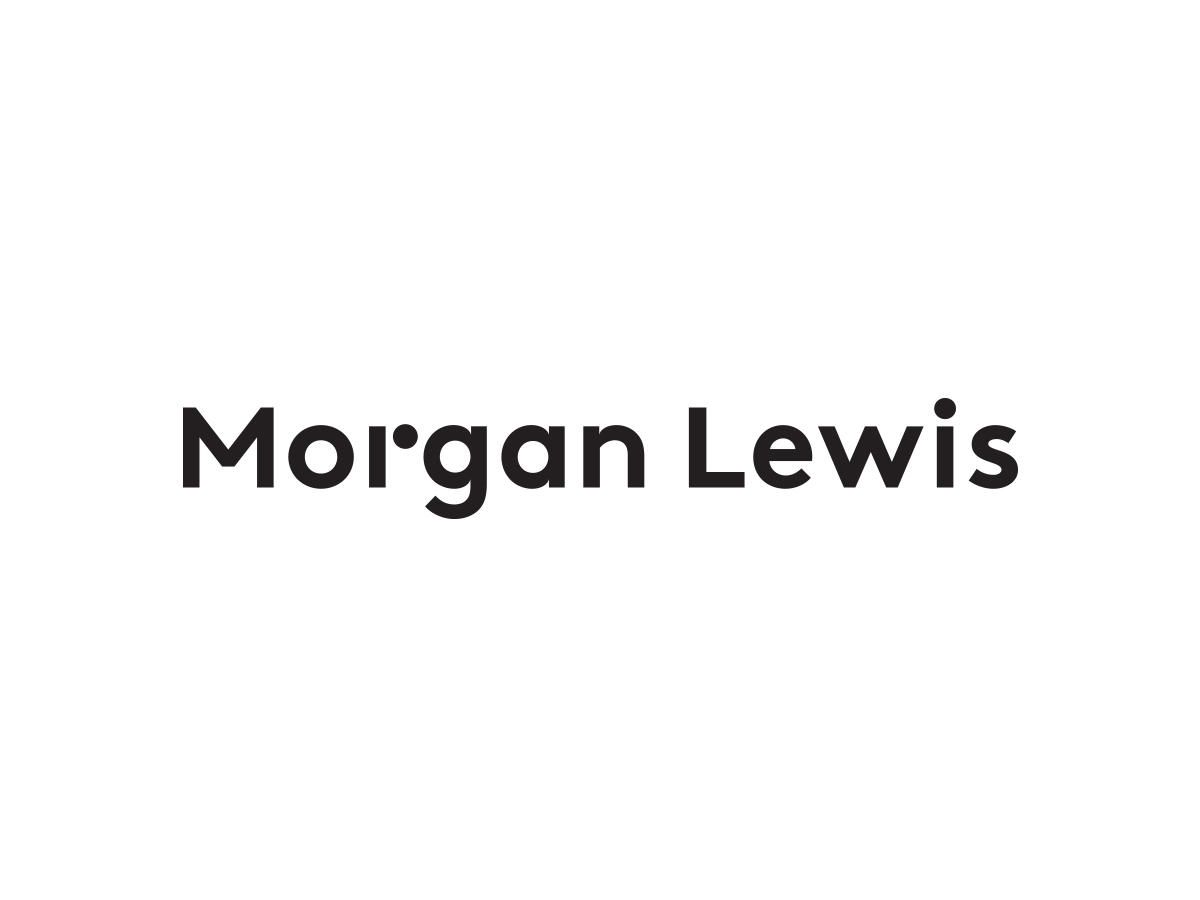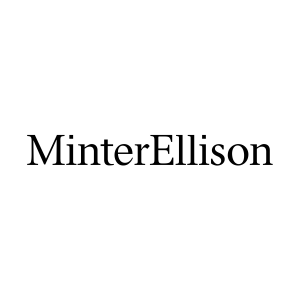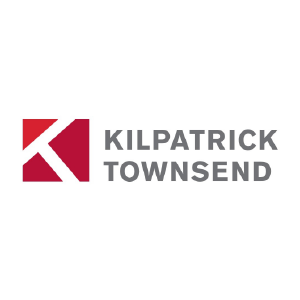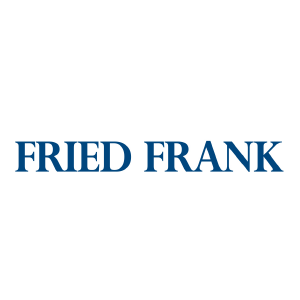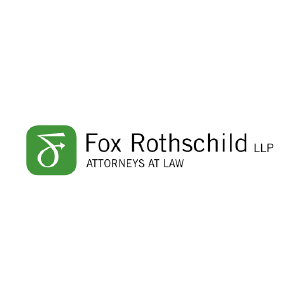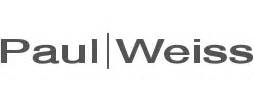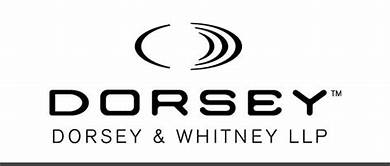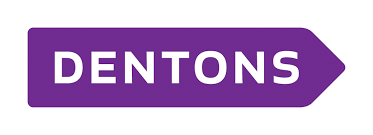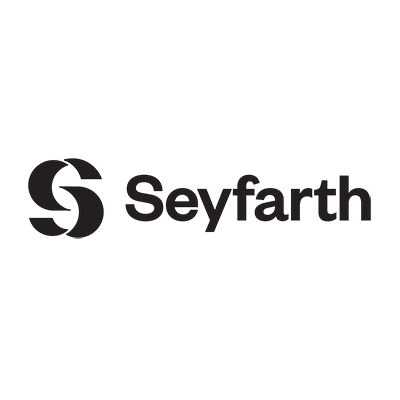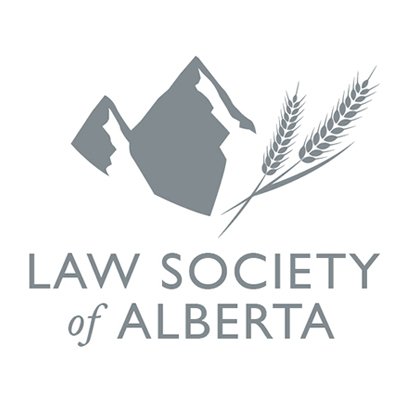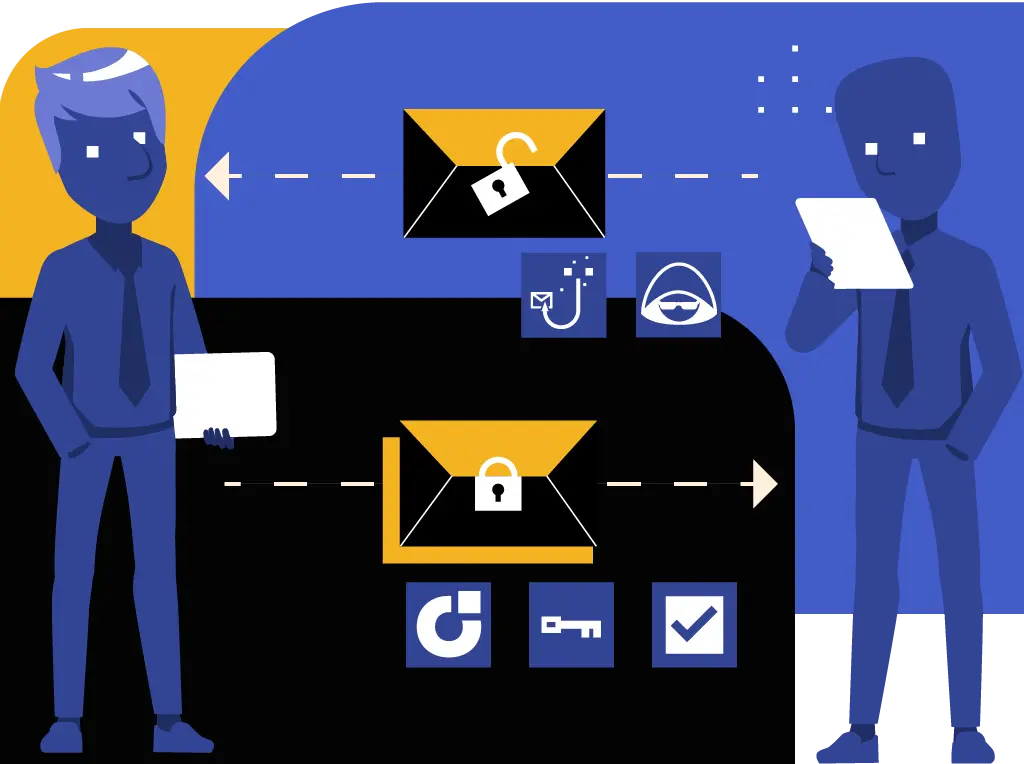
Secure Email for Client Communication
Legal professionals often need to communicate sensitive information via email. Traditional email can be insecure and lead to data breaches. Kiteworks provides secure email communication, ensuring that all communication is encrypted and only accessible to the intended recipient.
Secure File Sharing for Case Files
Legal professionals often need to share sensitive case files with clients, opposing counsel, or other stakeholders. Insecure file sharing can lead to data breaches. Kiteworks provides a secure file sharing platform that allows legal professionals to share sensitive case files securely, ensuring data integrity and confidentiality.
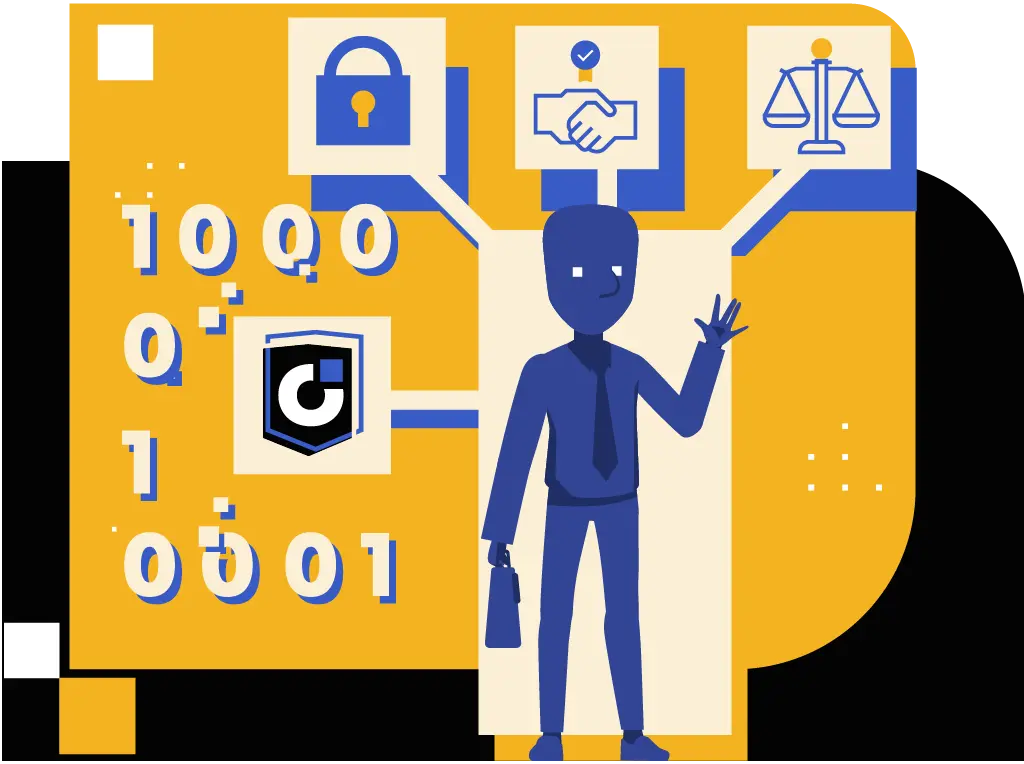
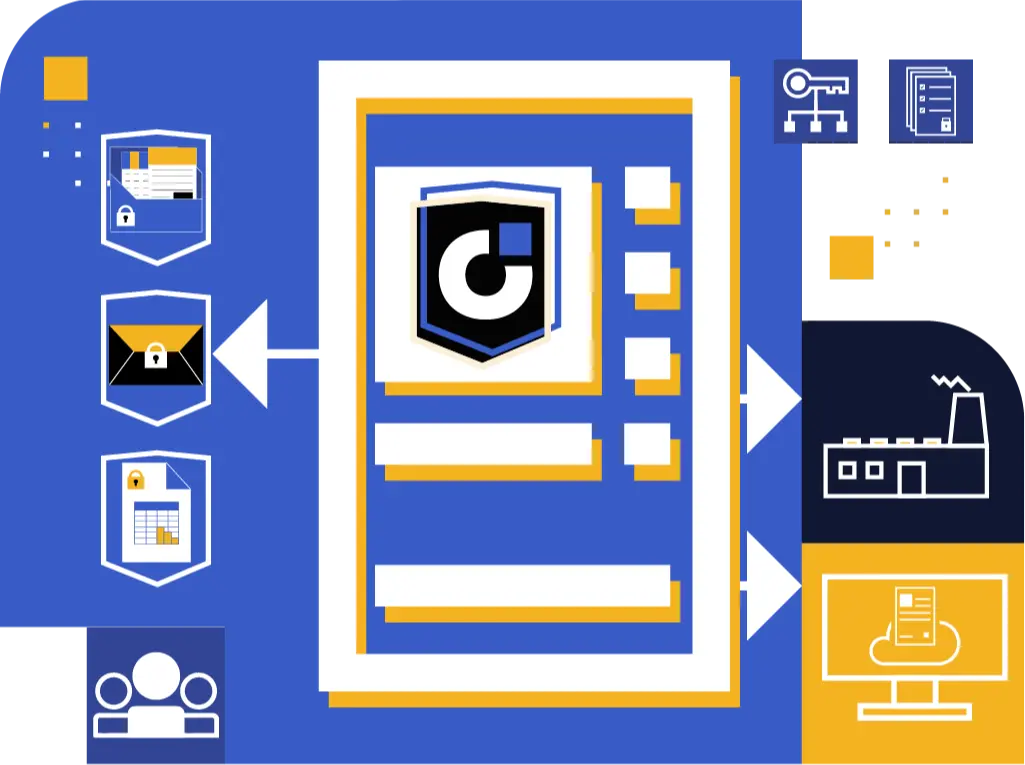
Managed File Transfer for Legal Documents
Legal departments often need to transfer large volumes of legal documents between systems or to external partners. Insecure file transfers can lead to data breaches. Kiteworks provides a managed file transfer solution that enables legal departments to securely transfer large volumes of legal documents, ensuring data integrity and confidentiality.
Secure Web Forms for Client Intake
Legal departments often need to collect sensitive information from clients during the intake process. Traditional web forms can be insecure and lead to data breaches. Kiteworks provides secure web forms that ensure personally identifiable information (PII) protection. The platform’s encryption and secure data storage capabilities ensure that client data is collected securely and stored safely.
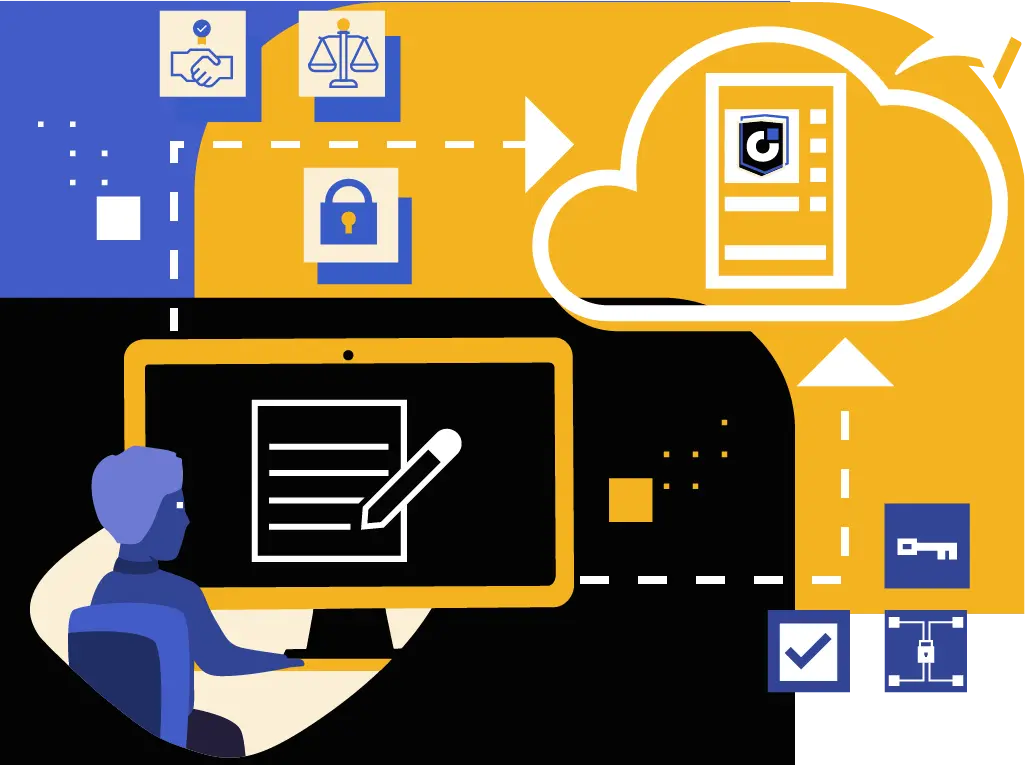
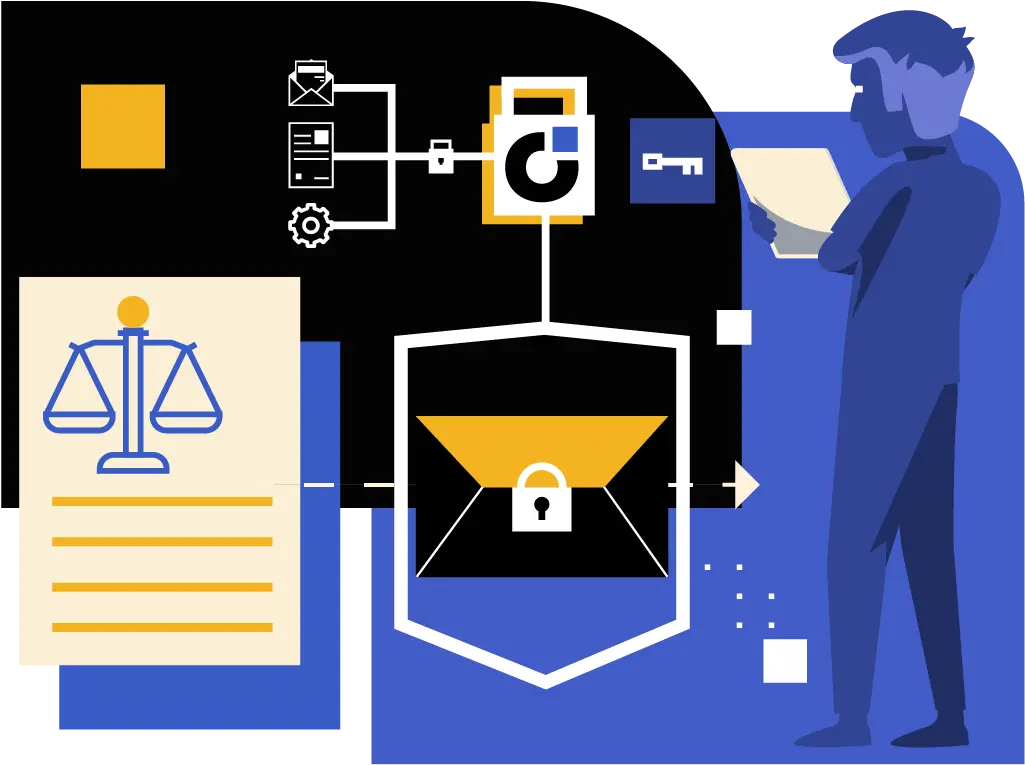
Secure Email for Court Notices
Legal departments need to securely send and receive court notices. Traditional email can be insecure and lead to data breaches. Kiteworks provides secure email communication, ensuring that court notices are encrypted and only accessible to the intended recipient.
Secure File Sharing for Legal Research
Legal professionals often need to share sensitive legal research with colleagues or clients. Insecure file sharing can lead to data breaches. Kiteworks provides a secure file sharing platform that allows legal professionals to share sensitive legal research securely, ensuring data integrity and confidentiality.
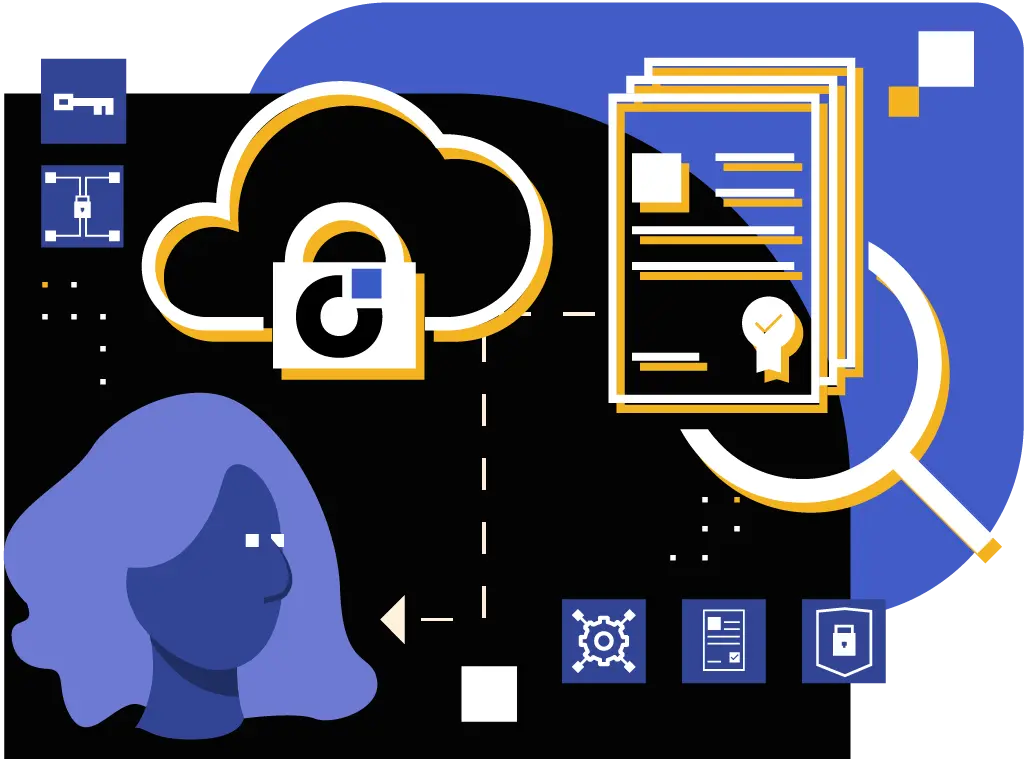
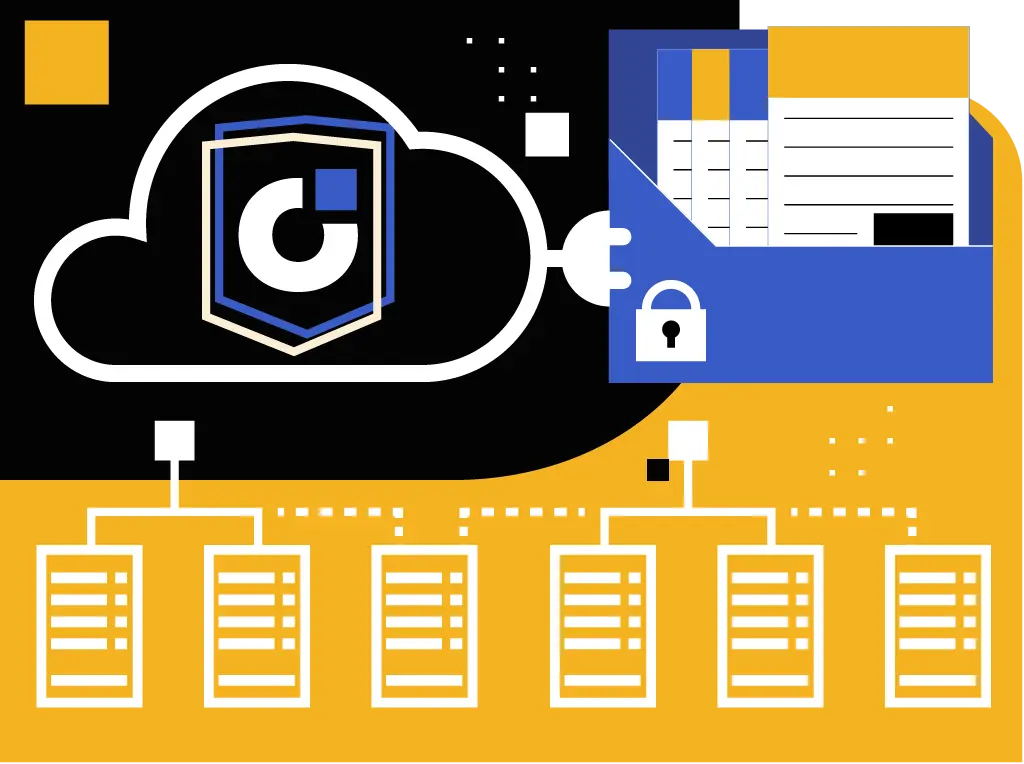
Managed File Transfer for Discovery Documents
During the discovery process, legal departments often need to transfer large volumes of documents. Insecure file transfers can lead to data breaches. Kiteworks provides a managed file transfer solution that enables legal departments to securely transfer large volumes of discovery documents, ensuring data integrity and confidentiality.
Secure Web Forms for Legal Services Requests
Legal departments often need to collect sensitive information from clients when they request legal services. Traditional web forms can be insecure and lead to data breaches. Kiteworks provides secure web forms that ensure personal information protection. The platform’s encryption and secure data storage capabilities ensure that client data is collected securely and stored safely.
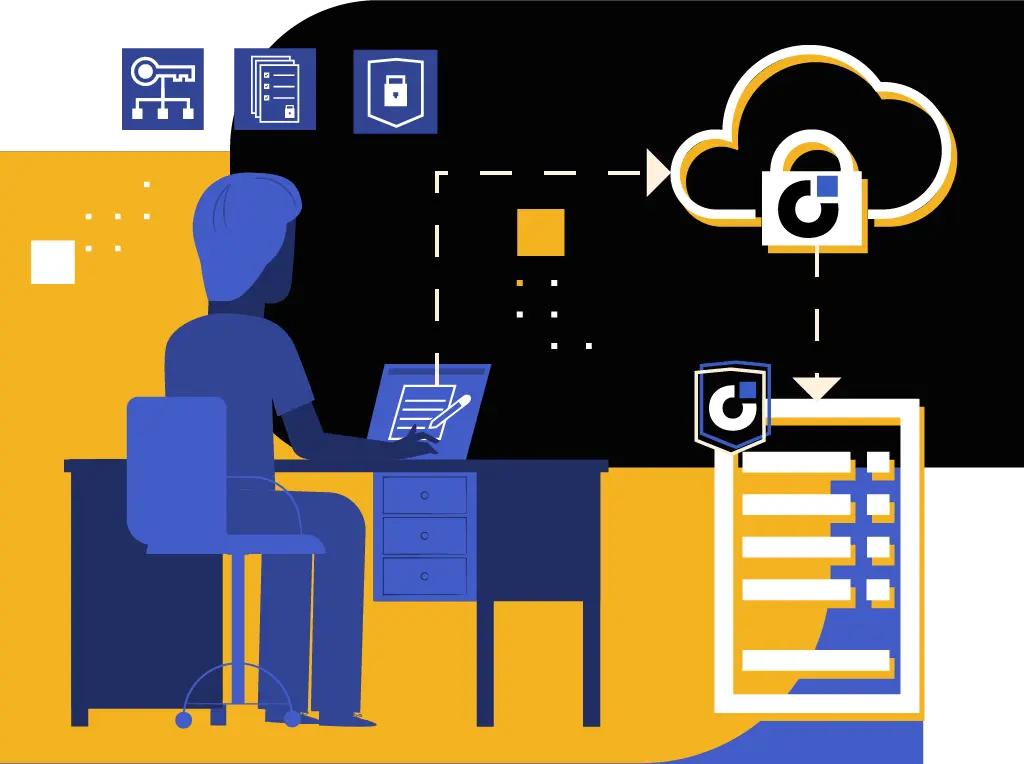
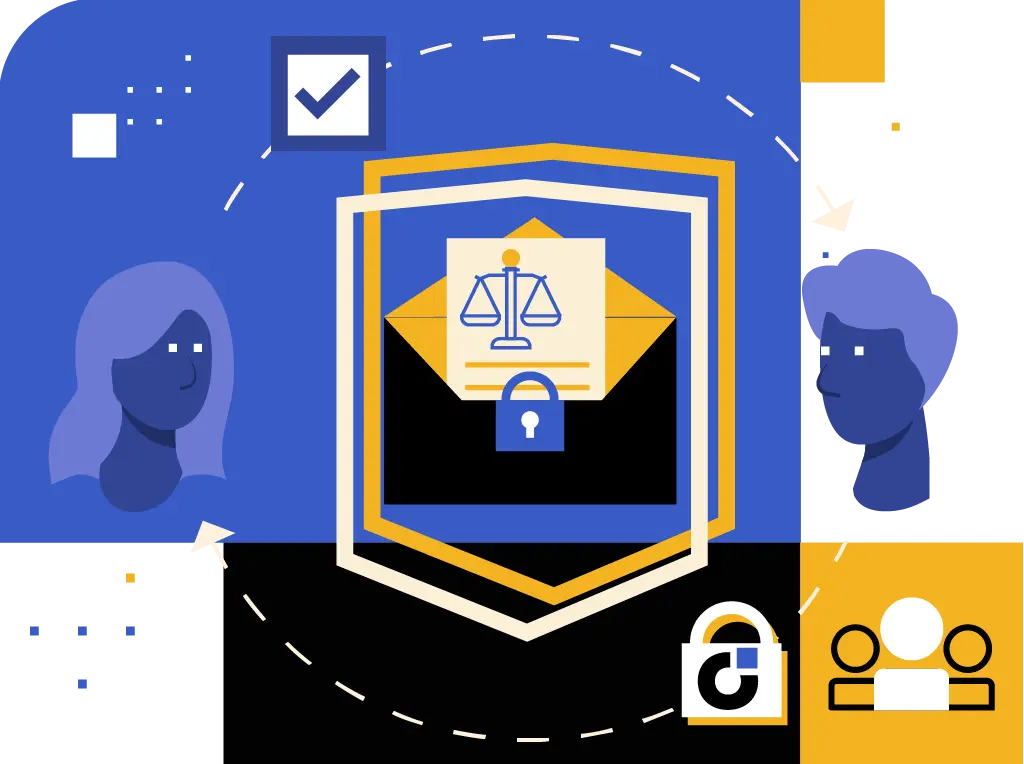
Secure Email for Legal Advice
Legal professionals often need to communicate sensitive information via email. Traditional email can be insecure and lead to data breaches. Kiteworks provides secure email communication, ensuring that all communication is encrypted and only accessible to the intended recipient.
Secure File Sharing for Contracts
Legal professionals often need to share sensitive contracts with clients, opposing counsel, or other stakeholders. Insecure file sharing can lead to data breaches. Kiteworks provides a secure file sharing platform that allows legal professionals to share sensitive contracts securely, ensuring data integrity and confidentiality.
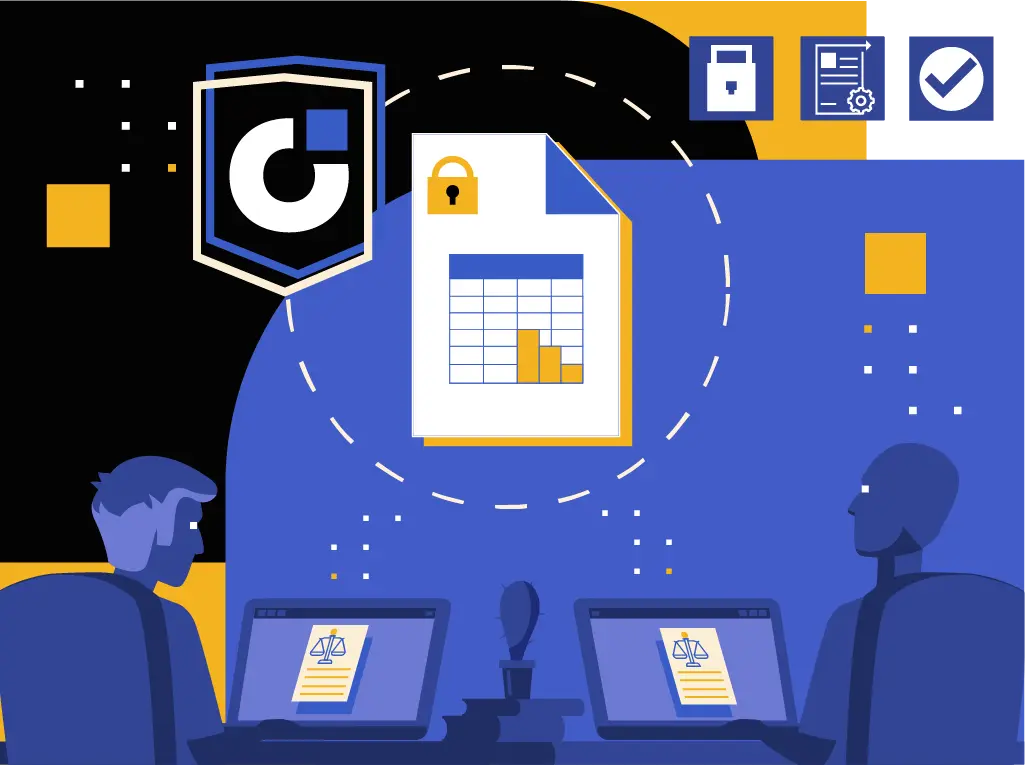
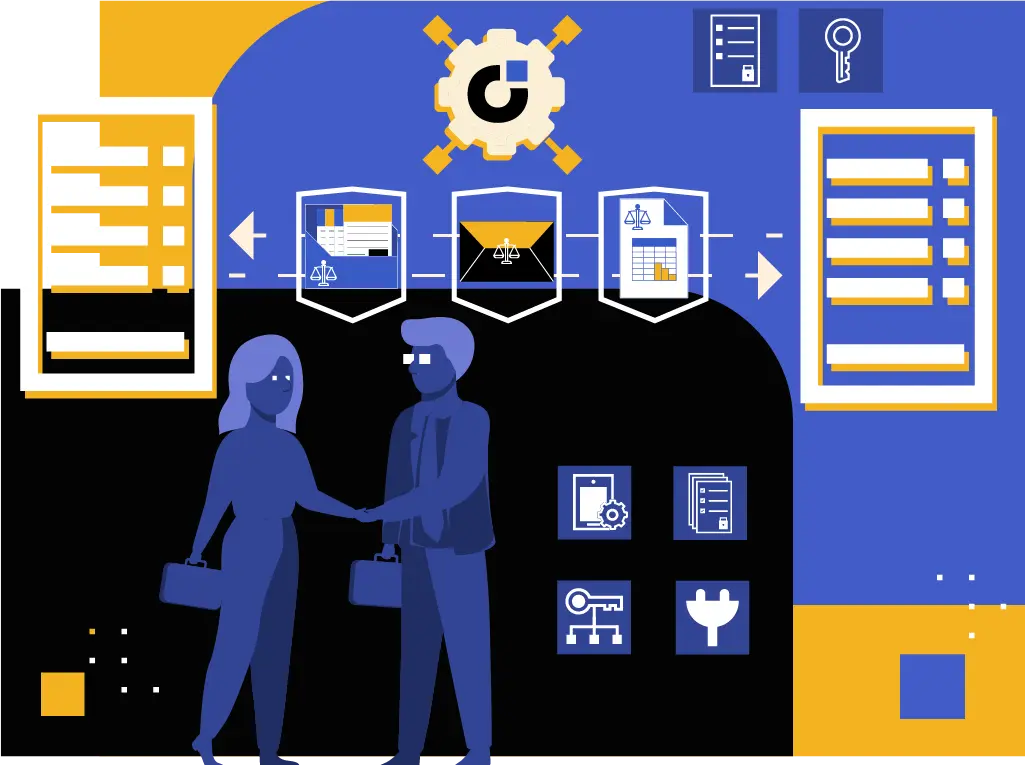
Managed File Transfer for Legal Records
Legal departments often need to transfer large volumes of legal documents between systems or to external partners. Insecure file transfers can lead to data breaches. Kiteworks provides a managed file transfer solution that enables legal departments to securely transfer large volumes of legal documents, ensuring data integrity and confidentiality.
Secure Web Forms for Legal Document Requests
Legal departments often need to collect sensitive information from clients when they request legal documents. Traditional web forms can be insecure and lead to data breaches. Kiteworks provides secure web forms that ensure personal information protection. The platform’s encryption and secure data storage capabilities ensure that client data is collected securely and stored safely.
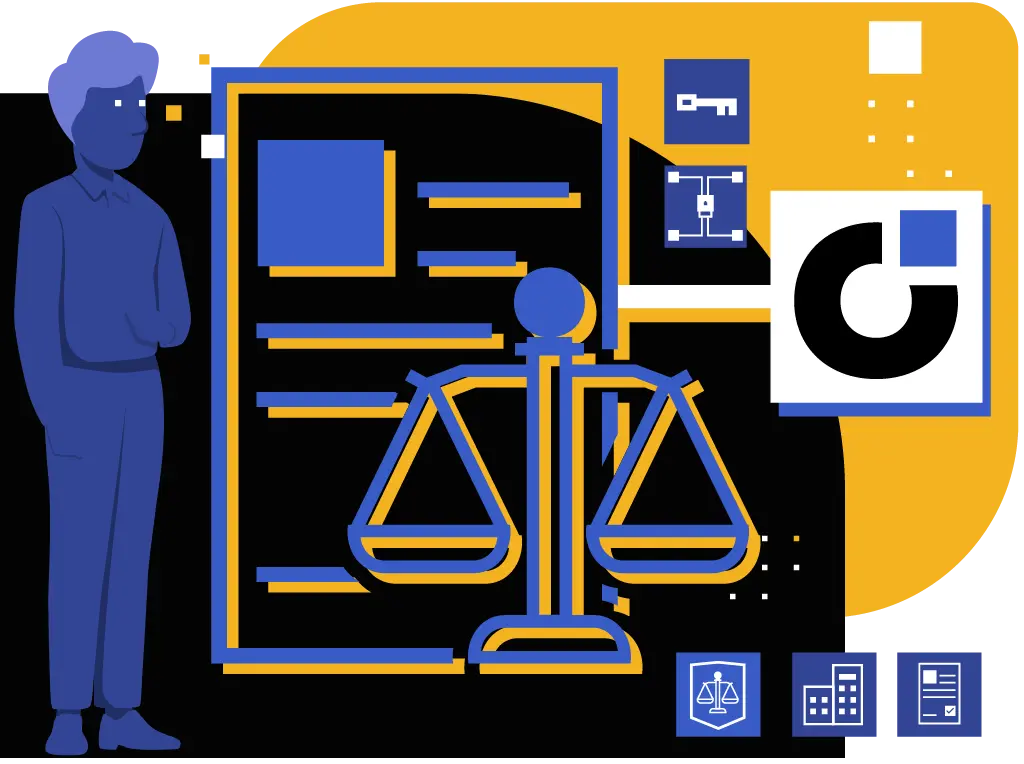
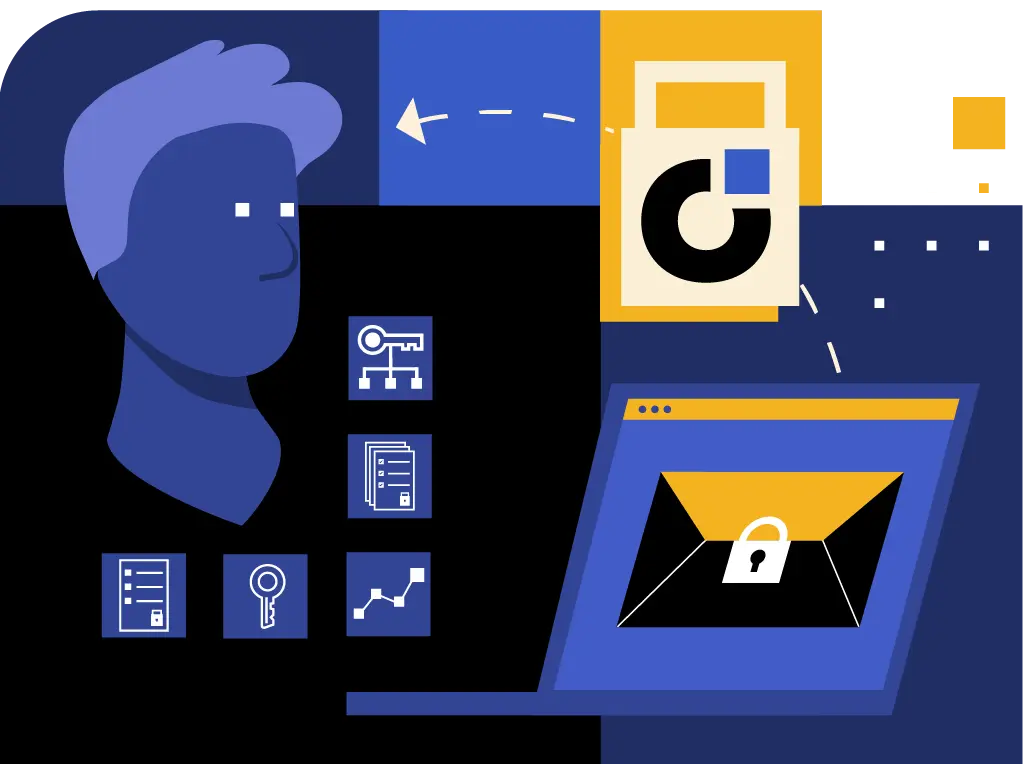
Secure Email for Confidential Correspondence
Legal professionals often need to send confidential correspondence via email. Traditional email can be insecure and lead to data breaches. Kiteworks provides secure email communication, ensuring that all confidential correspondence is encrypted and only accessible to the intended recipient.
Secure File Sharing for Legal Opinions
Legal professionals often need to share sensitive legal opinions with clients, opposing counsel, or other stakeholders. Insecure file sharing can lead to data breaches. Kiteworks provides a secure file sharing platform that allows legal professionals to share sensitive legal opinions securely, ensuring data integrity and confidentiality.
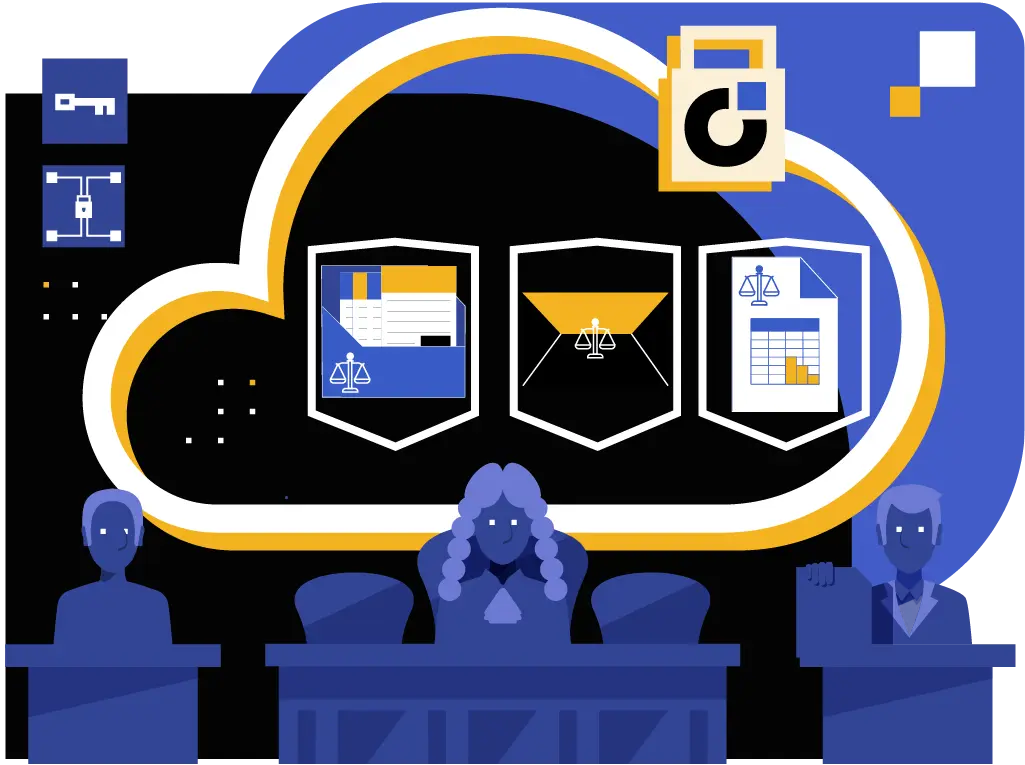
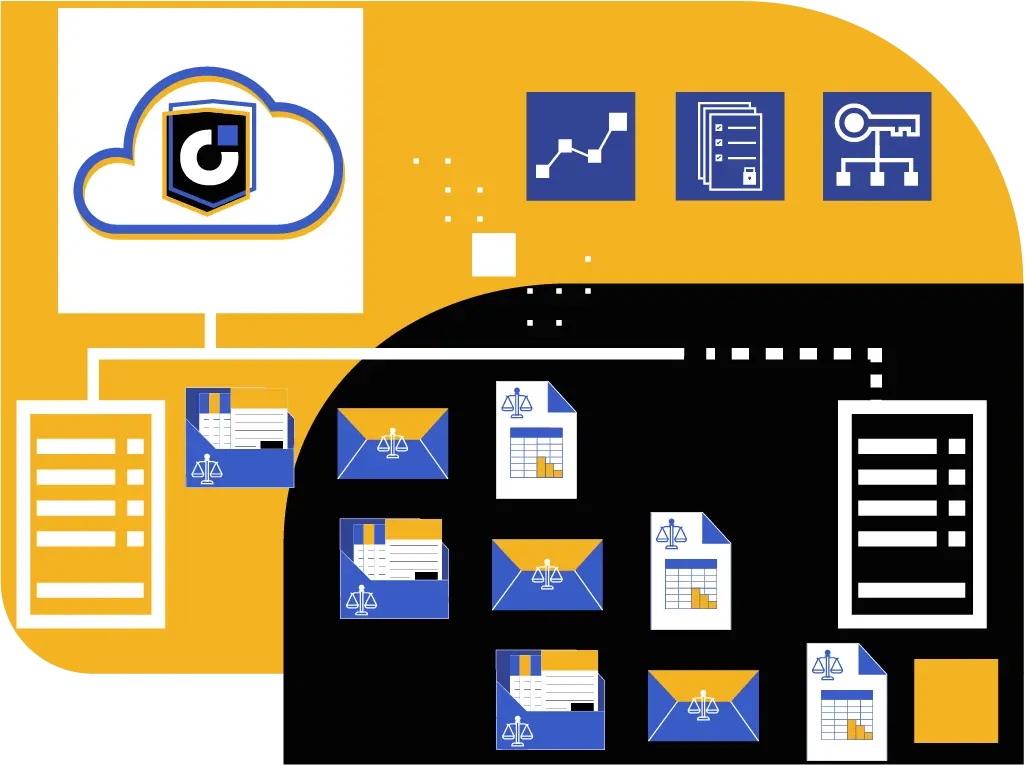
Managed File Transfer for Case Management Systems
Legal departments often need to transfer large volumes of data between case management systems or external partners. Insecure file transfers can lead to data breaches. Kiteworks provides a managed file transfer solution that enables legal departments to securely transfer large volumes of data between case management systems, ensuring data integrity and confidentiality.
Frequently Asked Questions
Law firms have several options for sharing files securely. One popular method is to use a secure cloud-based file sharing platform. These platforms allow you to store and share files securely in the cloud, with features like end-to-end encryption and multi-factor authentication (MFA) to ensure that only authorized parties can access the files. Another secure file sharing option is to use a virtual data room (VDR), which is a secure online space for sharing and storing confidential documents. VDRs provide advanced security features like granular access controls, watermarking, and audit logs to help protect sensitive information.
To ensure secure communication among legal teams, it’s important to follow best practices like using strong passwords, enabling multi-factor authentication (MFA), and leveraging robust encryption for sensitive emails and files. You should also avoid using public Wi-Fi networks, as these are often unsecured and can be easily intercepted by hackers. Instead, use a secure virtual private network (VPN) when accessing sensitive data or communicating with colleagues. Finally, it’s important to regularly update your software and security settings to ensure that your devices and communications are protected against the latest threats.
To ensure that client information like correspondence, account details, and document versions are protected when shared with clients or trusted third parties, law firms should implement strict security policies and procedures. This includes using a secure file sharing platform or virtual data rooms (VDRs) with strong encryption and authentication measures like multi-factor authentication (MFA). Legal firms should also use secure communication channels, like encrypted email or messaging apps, when exchanging sensitive information with clients. Additionally, legal firms should limit access to sensitive client data only to authorized associates and partners and regularly monitor activity, like who sent what to whom and when, to detect any unauthorized activity. Finally, audit logs and eDiscovery capabilities make finding files and file sharing activities much easier to isolate and investigate.
End-to-end encryption is a security protocol that ensures that email messages and file attachments are encrypted the entire length of the file transfer, so only the sender and message recipient can read its contents. This is achieved by encrypting the message or file at the sender’s device before it is sent, and then decrypting it at the recipient’s device instead of at the sender’s or recipient’s firewall. This means that even if a message is intercepted by a third party, they won’t be able to read its contents. End-to-end encryption can be used to protect a law firm’s internal and client communications and related files by using secure messaging apps, email services, or file sharing platforms that support this protocol.
Legal firms can protect against data breaches and cyberattacks by implementing a comprehensive cybersecurity plan. This should include regular security awareness training about cyber threats and how to prevent them, as well as implementing strong passwords, multi-factor authentication (MFA), strong encryption for the sensitive data they share, and other security measures. Additionally, legal firms should regularly monitor their systems for suspicious activity and implement tools like firewalls, antivirus software, and intrusion detection (IDS) systems to help prevent cyberattacks. Finally, legal firms should have a data backup and recovery plan in place to ensure that they can quickly recover from any data loss, system outage, or business disruption.
FEATURED RESOURCES
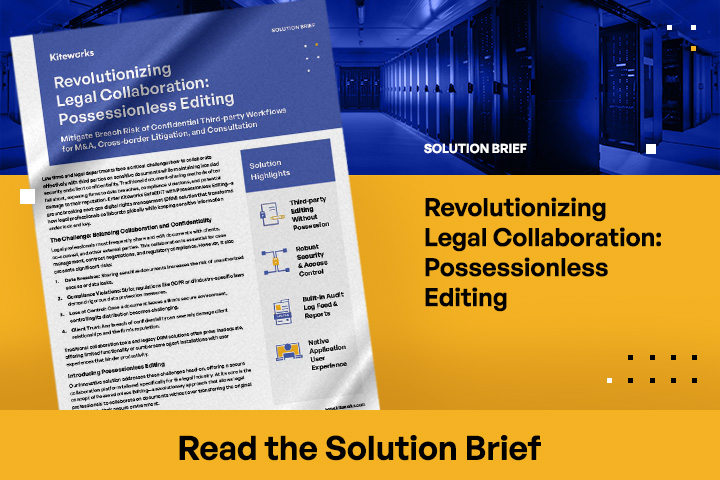
Revolutionizing Legal Collaboration: Possessionless Editing
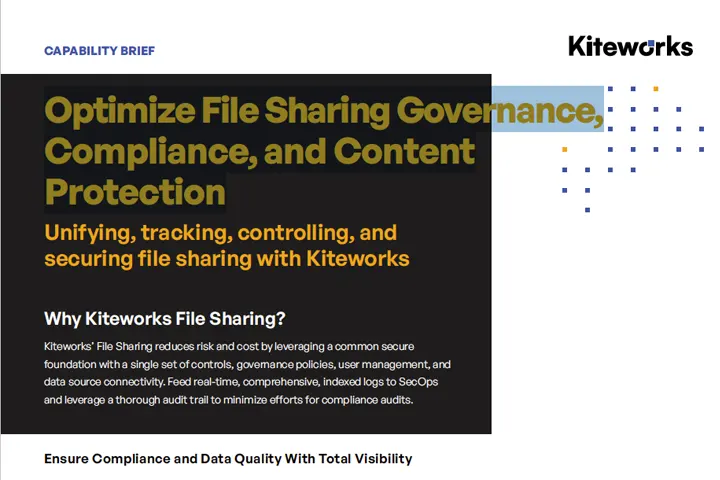
Optimize File Sharing Governance, Compliance, and Content Protection
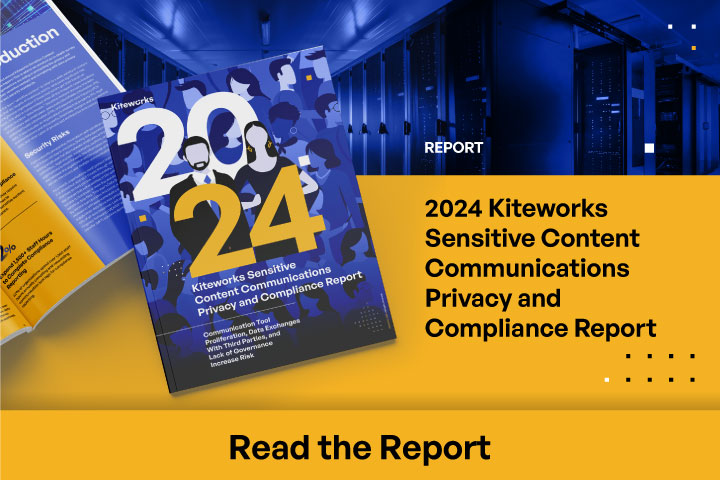
2024 Kiteworks Sensitive Content Communications Security and Compliance Report
IT, SECURITY, PRIVACY, AND COMPLIANCE LEADERS AT THOUSANDS OF THE WORLD’S LEADING ENTERPRISES AND GOVERNMENT AGENCIES TRUST KITEWORKS
